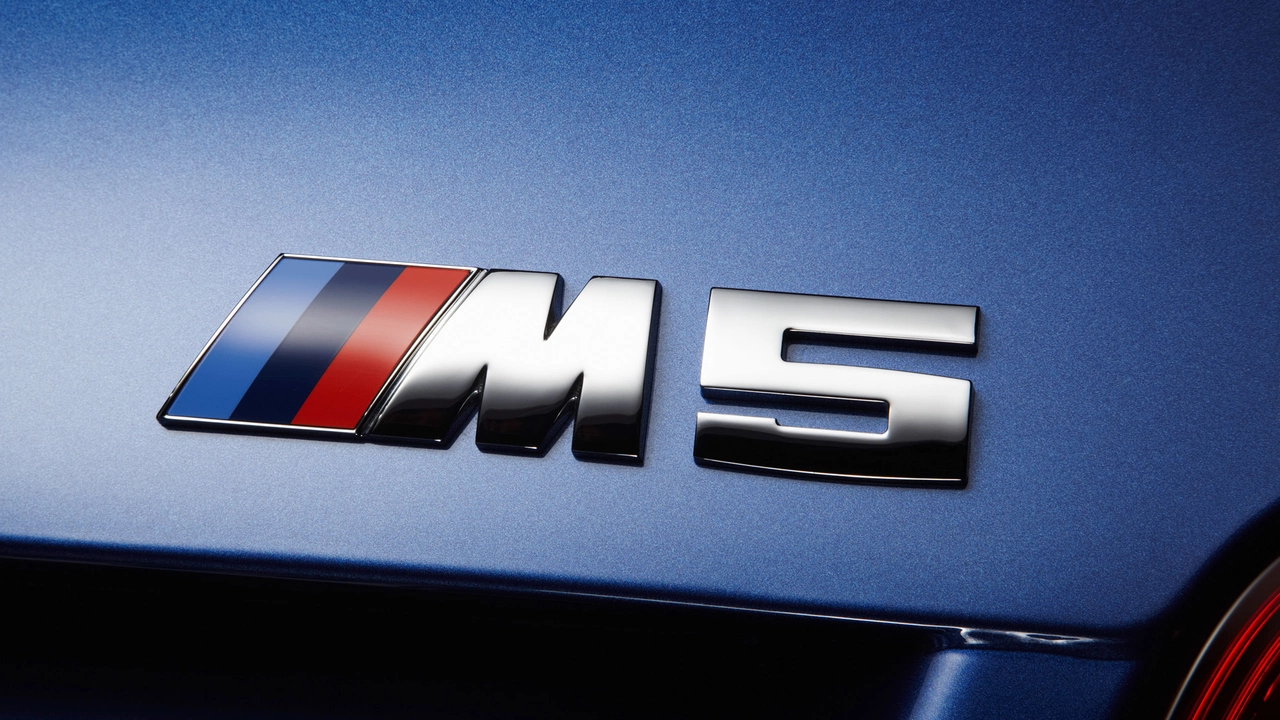Automotive Knowledge Hub
Welcome to the place where car talk gets real simple. Whether you’re fresh off the lot or a seasoned gearhead, you’ll find clear answers to the everyday questions that pop up when you’re around engines, tracks, or even the driveway. No jargon, no fluff—just the info you actually need.
Decode Common Car Terms
One of the most asked questions on our forum is about letters and numbers that pop up in model names. Take the BMW M5, for example. The “M” isn’t a random letter—it stands for “Motorsport.” BMW created the M division in the 1970s to craft high‑performance versions of their standard cars. When you see an M badge, you’re looking at a model that’s tuned for speed, handling, and a bit of racing heritage.
That same logic applies to other brands. A “GT” usually means “Grand Tourer,” a car built for long‑distance comfort with a sporty edge. “Turbo” tells you the engine uses forced induction to squeeze more power out of the same displacement. And “Hybrid” signals a mix of gasoline and electric power sources working together.
Knowing these shortcuts saves you time at the dealership and helps you compare specs without getting lost in a sea of numbers. If you ever wonder why a certain badge feels premium, it’s often because the manufacturer wants to highlight a performance or technology focus.
Quick FAQs for Motorsports Fans
What does “track day” mean? It’s a scheduled event where owners can drive their own cars on a race circuit. The goal is to learn limits, improve lap times, and have fun in a controlled environment.
How often should I change my oil? For most modern cars, every 7,500 to 10,000 miles is fine, but check the owner’s manual. Driving hard on a track or in extreme heat may require more frequent changes.
Is a bigger engine always faster? Not necessarily. Power-to-weight ratio, aerodynamics, and tire grip often matter more than sheer displacement. A lightweight 2.0‑liter turbo can out‑run a heavy 5.0‑liter V8 on a twisty road.
Do performance upgrades break warranties? Many manufacturers allow certain bolt‑on parts—like exhaust or intake kits—without voiding the warranty, but deeper engine work can. Always read the warranty terms before you start tweaking.
These bite‑size answers give you a solid grounding without overwhelming you. Bookmark this page and swing back whenever a new term or question pops up in the garage, on a forum, or during a race weekend.
Got a specific car term you’re scratching your head over? Drop it in the comments and we’ll break it down in plain English. The more we share, the faster everyone’s knowledge shifts into high gear.
What does the letter M stand for in BMW M5?
In the name BMW M5, the 'M' stands for 'Motorsport'. This is a segment of BMW that focuses on the production of high-performance vehicles, both for on-road and racing purposes. BMW started using the 'M' designation in the 1970s to differentiate these high-performance models from their standard offerings. So, when you see an 'M' in the model name of a BMW, you can expect it to offer a sportier, more thrilling driving experience. It's essentially the mark of a high-performance beast from the German automaker.





